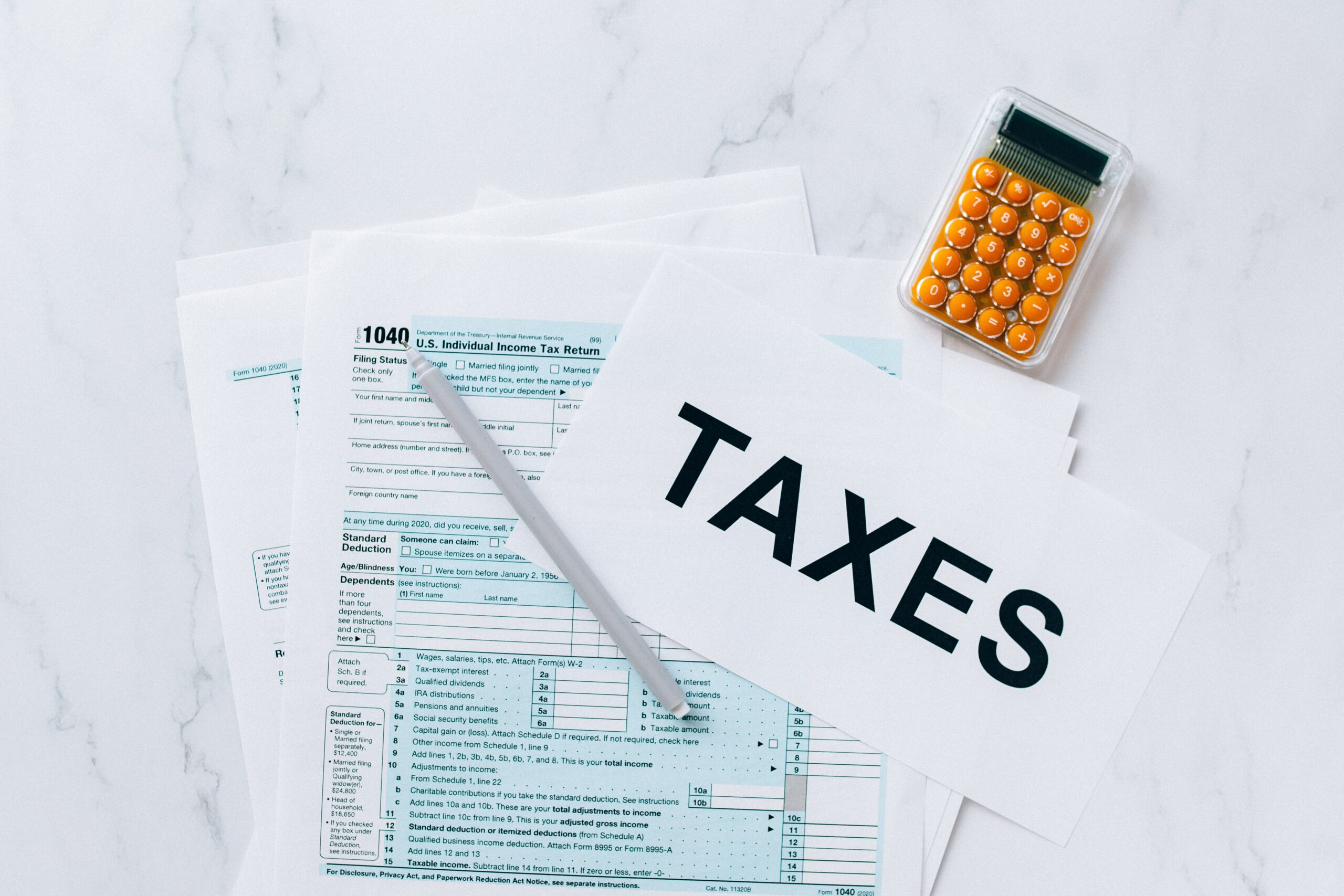As a small business owner, navigating the intricacies of tax laws can be daunting, but understanding and utilizing various tax-saving strategies can significantly reduce your tax burden. Efficient tax planning not only helps in maximizing your profits but also ensures compliance with tax regulations. Below are some effective tax-saving tips tailored for small businesses, each expanded with specific details to guide you in optimizing your tax strategy:
- Deduct Office Space and Home Office Expenses: Small businesses can deduct expenses for their office space. This includes rent, utilities, maintenance, and other related costs. For a home office, the area must be exclusively used for business, and you can deduct a portion of your home expenses based on the size of the home office area compared to the total home. This can include mortgage interest, property taxes, utilities, and repairs.
- Keep Accurate Records: Effective record-keeping is crucial for claiming deductions accurately. Maintain detailed records of all business expenses, including receipts, bills, and invoices. This practice helps in identifying deductible expenses and supports your claims in case of an audit.
- Utilize Retirement Plans: Contributions to retirement plans like SEP IRAs, SIMPLE IRAs, or Solo 401(k)s can significantly reduce taxable income. These plans not only help in tax savings but also in securing financial future. The contributions are often tax-deductible, and earnings grow tax-deferred.
- Deduct Business Travel and Meal Expenses: Expenses incurred during business travel are deductible. This includes airfare, hotel stays, and 50% of meal expenses. It’s important to differentiate between personal and business travel expenses and to keep detailed records to substantiate the deductions.
- Take Advantage of Tax Credits: Small businesses should explore various tax credits available to them. For instance, the Small Business Health Care Tax Credit helps businesses that provide health insurance to their employees. Additionally, small employers setting up a 401(k) plan can claim a tax credit for the costs of starting a retirement plan.
- Depreciate Assets: Depreciation allows businesses to spread the cost of tangible assets over their useful life. For example, if you buy computer equipment or office furniture for your business, you can’t deduct the full cost in the year of purchase but can depreciate it over several years, spreading the tax benefit.
- Deduct Vehicle Expenses: If a vehicle is used for business, you can deduct related expenses. Two methods are available: the standard mileage rate or actual expenses (like gas, maintenance, insurance). Tracking mileage is essential, especially if the vehicle is used for both personal and business purposes, to determine the business-use percentage.
- Keep an Eye on Carryovers: Some tax deductions and credits have limits and can be carried forward to future tax years. This includes capital losses, which can be used to offset capital gains in future years, and general business credits.
- Consult a Tax Professional: Tax laws are complex and change frequently. Consulting a tax professional ensures that you are taking advantage of all applicable deductions and credits, and staying compliant with current laws.
Implementing these strategies can make a significant difference in your business’s financial health. Each tip requires careful consideration of your unique business situation, so it’s wise to consult with a tax professional for personalized advice.





